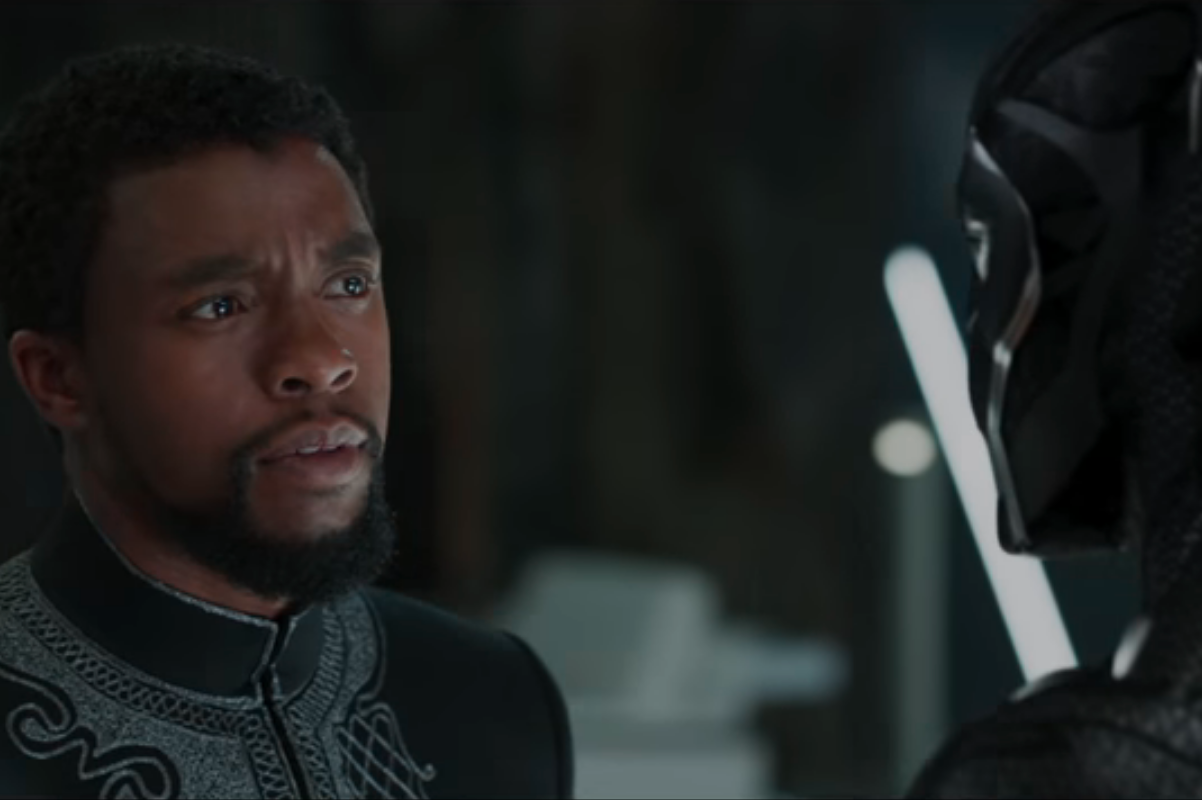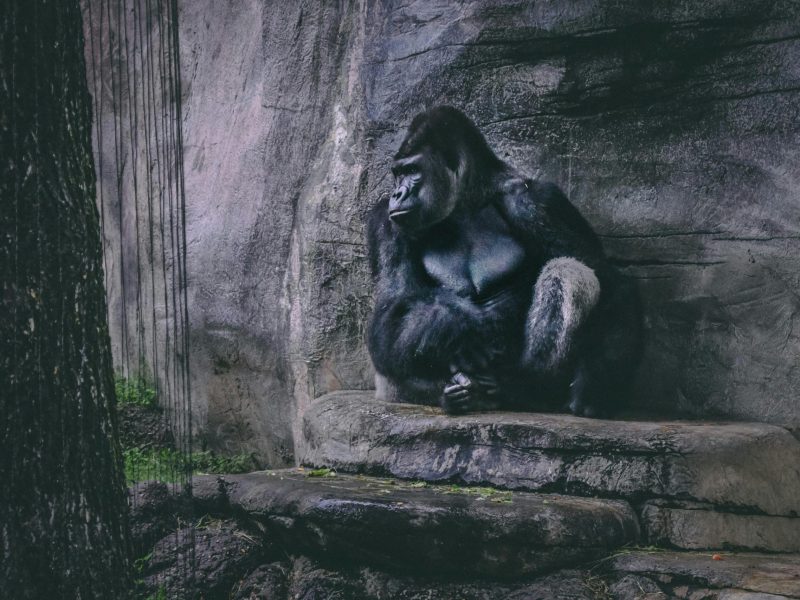Early on in Black Panther, when T’Challa returns to Wakanda to be crowned king, he runs into his sister, Shuri. They banter, as siblings do, and when Shuri needles T’Challa about his hesitation in an earlier battle, he asks her why she criticizes him despite his many successes.
“Just because something works,” she replies smugly, “does not mean it cannot be improved.”
By pretty much any measure, the Marvel Cinematic Universe works. The first 17 films in the saga have grossed more than $13 billion across the world, and all but two of them are certified “fresh” on Rotten Tomatoes. It might be the most fruitful franchise in cinematic history.
But as great as the MCU is, it can always stand to get better. And the most recent installment — Ryan Coogler’s Black Panther, which opens Friday — has raised the standards for comic book blockbusters. No longer content with formulaic plots papered over by special effects, Marvel has made a true masterpiece: a complex, frank, moral and supremely entertaining superhero movie.
Like Spider-Man: Homecoming, this film doesn’t waste much time on the hero’s backstory, which was already laid out in Captain America: Civil War. A terrorist attack has claimed the life of T’Chaka, king of the fictional African nation Wakanda, and his grieving son T’Challa (Chadwick Boseman) has ascended to the throne. T’Challa has two identities — when he’s not serving as king, he becomes the Black Panther, who dons an all-black, full-body suit of armor and relies on superhuman strength and cat-like instincts to protect Wakanda.
And T’Challa isn’t the only one who leads a double life. Wakanda poses as a third-world country, isolated from trade and foreign aid, but in reality it’s using the mineral vibranium to create advanced technology and futuristic cities. As the world faces a grave threat that T’Chaka bears some responsibility for, T’Challa must determine the path that he — and his nation — should take to fight it.
Of course, moral dilemmas are standard superhero movie fare. Many of the previous MCU installments — likely concerned with alienating viewers and hurting ticket sales — have charted a more centrist course on such issues, from Iron Man‘s omission of the comics’ anti-imperialist message to Avengers: Age of Ultron‘s refusal to take a stand on militarism to Spider-Man: Homecoming‘s sneering at economic populism.
But where its predecessors wavered, Black Panther is unafraid to take a stand. The film outright condemns mass incarceration, the war on drugs and other powerful forces that are subjugating black Americans. It recognizes the brutality and injustice of conquest, whether European colonialism or a violent response to it. And ultimately, it endorses diplomacy over violence — a refreshing departure from the war porn that has long defined superhero cinema.
The movie isn’t some preachy after-school special, either. Black Panther has some situational comedy (when T’Challa runs into his former flame Nakia in the heat of battle, he forgets where he is and lets out a nervous “hi” that nearly gets him killed), some dark humor (CIA agent Everett Ross startles Shuri, and she exclaims, “Don’t scare me like that, colonizer!”) and some dank memes for good measure (I’m hoping this won’t be the last MCU movie to incorporate a “WHAT ARE THOSE?” joke). Like Thor: Ragnarok, this flick doesn’t take itself too seriously; Coogler mixes in enough comic relief to keep you interested.
Parts of Black Panther are predictable — the plot has shades of 2011’s Thor (an outsider threatens, but the true enemy comes from within), as well as 2016’s presidential election (trust me, you’ll understand when you see it). You can probably guess that there will be a huge battle in the third act, and you can also probably guess who will win that battle. This doesn’t really detract from the movie, though; you’ll still find yourself invested in the characters, hopeful they’ll make the right decisions and satisfied when they do.
Black Panther is about as well-rounded a superhero movie as you’ll ever see. With Avengers: Infinity War set to hit theaters in a few months, the MCU isn’t anywhere near done, and if the next installments embrace Shuri’s attitude and continue to strive for improvement, they’ll be even better.




